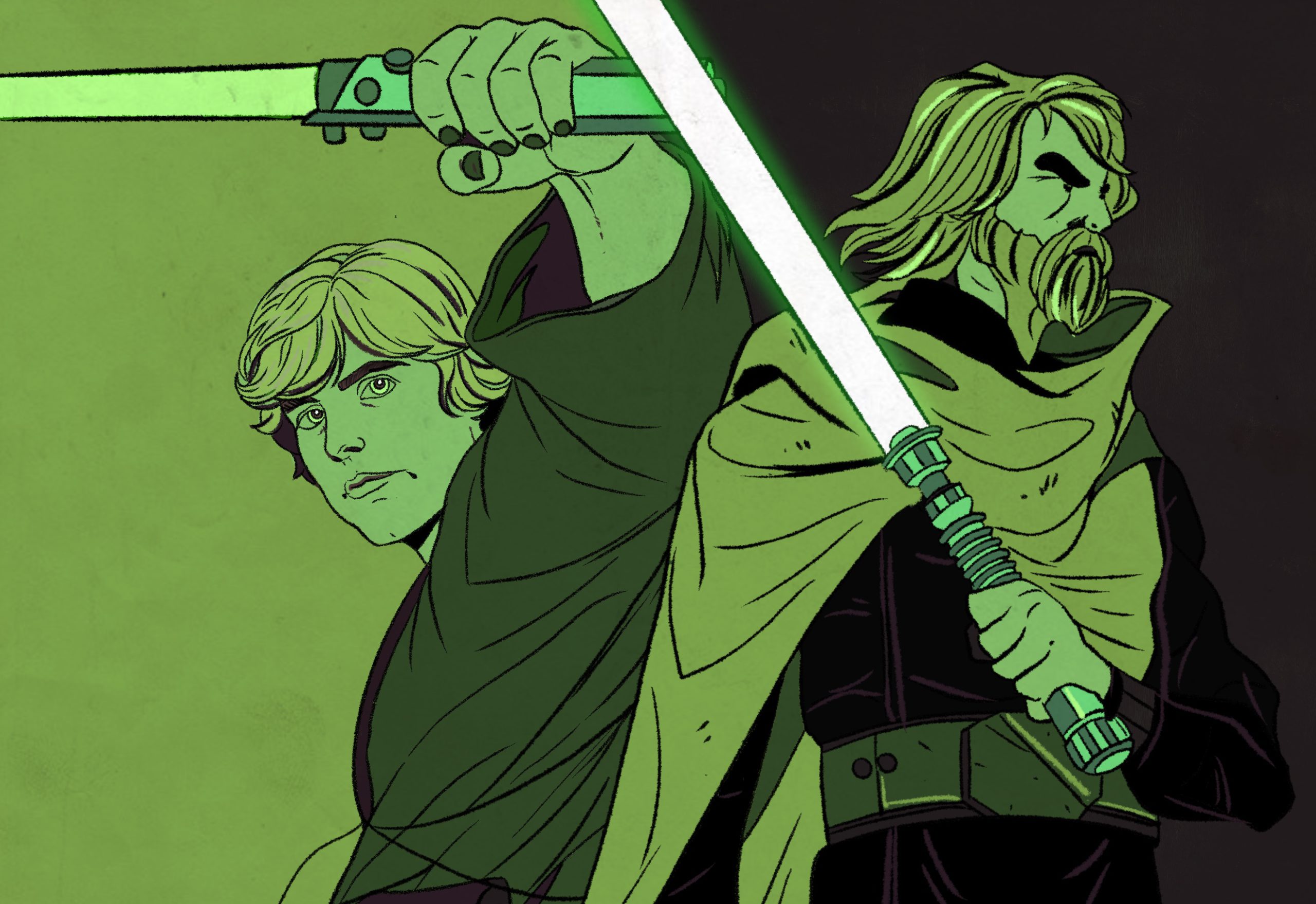Notice: This editorial contains plot spoilers for Star Wars: Episode VIII — The Last Jedi.
“Let the past die. Kill it, if you have to.” — Kylo Ren, The Last Jedi
If you’re not familiar with Star Wars, this quote might mean nothing to you. But to the millions of fans out there (myself included), we know what it means — we just don’t want to see it through. That quote is the key behind what makes The Last Jedi the most divisive film in the franchise, and all for the wrong reasons.
As a diehard fan of Star Wars, I grew up consuming just about any piece of Star Wars media I could find, and I felt devastated when they essentially retconned the Expanded Universe (EU).
Here’s the context for those who haven’t seen the films, and I’ll keep it short and sweet. In 2005, everybody thought we’d seen the last of the franchise, but Disney swooped in and bought out Lucasfilm in 2012 (the production company responsible for Star Wars) and promised a new film three years later.
On April 15, 2014, (my least favourite day in history), Star Wars’ EU — consisting of books, video games, and comics outside of the six films — was rebranded as Legends and demoted into the dark depths of no longer being considered canon.
For a lot of fans, seeing the new movies — deemed the “sequel trilogy” — was a betrayal of everything that came before it.
The issue is they feel that betrayal for the wrong reasons.
The sequel trilogy is littered with issues — don’t get me wrong, I’m the kind of guy who loves things despite their imperfection — but one of the main issues fans have with The Last Jedi is plain absurd.
Fans didn’t like how Luke Skywalker was treated. Their criticisms lie in how the film took Skywalker from being a badass, legendary hero and made him into a traumatized hermit who runs away from his problems.
“I don’t think my character would do this,” … “Who said it’s your character?”
Sorry to break the news to you folks, but that’s something called “character development.” If The Last Jedi did anything, it humanized Skywalker.
Turning a beloved, heroic idol to a deeply conflicted, complex character should never be frowned upon — it gives us change. In fact, that’s a huge complaint from the film; to fans, it didn’t feel like a Star Wars movie. Fans have come to expect certain tropes from the franchise and craft their own fan theories accordingly, but The Last Jedi flips those tropes on their heads, creating a Star Wars film like we’ve never seen before.
Oh, you thought Snoke was a big, important villain that’s also tied to the previous films? Nope, he dies in the middle of the film. Oh, you thought Rey’s parents were main characters from previous films? Nope, they’re nobodies. Both of these examples subverted fan expectations, giving us something fresh and new to the Star Wars universe. Unfortunately, the latter example was also retconned in the final film in the series, The Rise of Skywalker, and gives in to a popular fan theory.
But you see, that’s where it rubs me the wrong way. Fans aren’t the ones making these films. There’s an old anecdote where an actor is speaking with a writer and says, “I don’t think my character would do this,” to which the writer replies: “Who said it’s your character?” Personally, the anecdote applies here as well.
Fans shouldn’t have control of the fandoms they love. Let the writers, filmmakers, and other creatives involved produce the content. Just sit back and enjoy it for once, instead of driving yourself crazy with theory after theory and getting upset when your wishes don’t come true.
So, to the fans saying “It’s not my Luke,” please enlighten me on when Kathleen Kennedy, the president of Lucasfilm, gave you the keys to the Star Wars franchise — I’ll wait.



